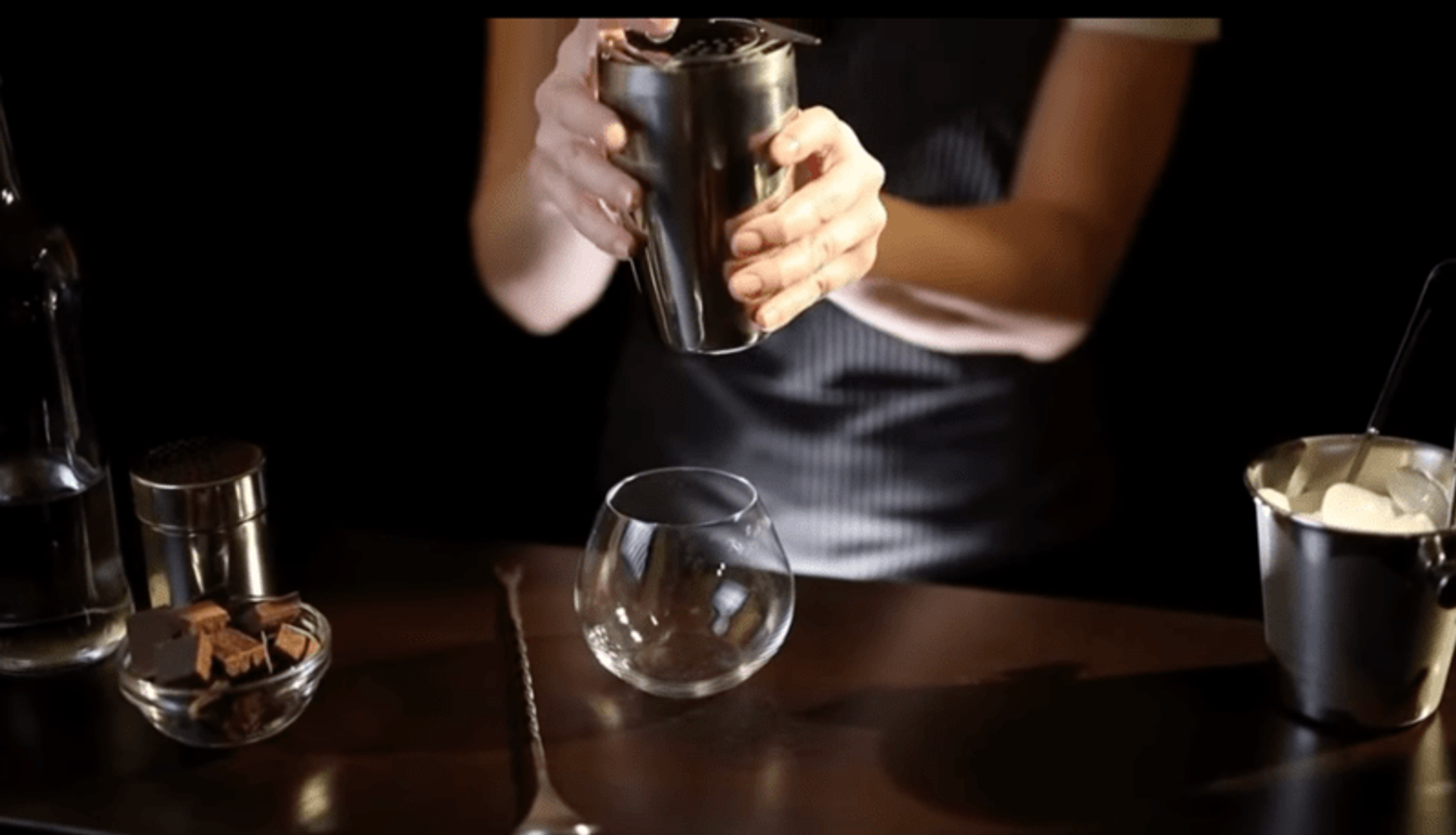What Is A Bartender?
What Is A Bartender? - The Art and Craft of Mixology

When you hear the term 'bartender,' what image springs to mind? Perhaps it's a person effortlessly maneuvering behind the bar, the clink of ice against glass, the pour of liquor, and the lively banter with the patrons. But being a bartender encompasses more than just serving drinks; it's about playing a host, being a mixologist, a confidant, and oftentimes, the life of the party. So, what is a bartender? Let's dive into the multifaceted role that makes a visit to any bar a memorable experience.
The Basics of Bartending
At its core, a bartender is a person who serves beverages, especially alcoholic ones, at a bar, tavern, pub, or similar establishment. While this job role might seem straightforward, there's a wealth of knowledge and skill behind that polished bar counter. A competent bartender is typically well-versed in the art of mixology – the precise craft of mixing cocktails and drinks, understanding which flavors complement one another, and serving them in an aesthetically pleasing manner.
Mixology vs. Bartending
It's important to distinguish between a bartender and a mixologist. Mixologists often dedicate their time to studying the history of spirits and cocktails and devoting their energy to creating new and innovative recipes. They are like the chefs of the liquid cuisine world. Bartenders, while they may also be skilled in mixology, focus on the end-to-end experience of the bar-goer, often juggling multiple orders, customer service, and the general atmosphere of the establishment.
Roles and Responsibilities
An effective bartender wears many hats within their role. Let's examine some of their key responsibilities:
Mixing and Serving Drinks: Bartenders must know how to prepare a wide range of drinks correctly and quickly, adhering to the establishment's recipes and standards.
Customer Service: They must possess excellent customer service skills, serve patrons with a smile, and engage customers to create a comfortable and inviting environment.
Knowledge: A bartender should have an expansive knowledge of drink recipes, the ability to recommend drinks, and understanding of pairing drinks with food when asked.
Cleanup and Stock: Bartenders also maintain the bar area, ensuring that it is clean and well-stocked with all the necessary ingredients and utensils.
Compliance with Laws: Bartenders are responsible for checking IDs to verify age, understanding and observing the local liquor laws, and knowing when to stop serving a patron.
Skills and Qualities of a Good Bartender
The most admired bartenders channel a range of skills and personal qualities to excel:
Memory and Attention to Detail: Remembering complex drink recipes and customer preferences.
Communication: Being a good listener and conversationalist while managing the demands of a busy bar.
Physical Stamina: Bartending often requires long hours on your feet and can be physically demanding.
Emotional Intelligence: Managing the social dynamics of patrons and diffusing tense situations with tact.
Speed and Efficiency: Balancing speed with quality when the bar is crowded, ensuring customers don't wait too long for their orders.
Behind the Charm - The Challenges of Bartending
It's not all mixing glamorous cocktails and showcasing flair. Bartending can entail late nights, dealing with difficult patrons, and continually remaining on your feet. The role may also demand working on weekends and holidays, which can take a toll on work-life balance.
A Thriving Career Path or a Passionate Pursuit
For many, bartending is a career choice that offers flexibility and growth within the hospitality industry. Some bartenders move on to manage bars or open their own establishments, while others enjoy the excitement and temporary nature of the role. There's also a community of bartenders who compete in mixology contests and take immense pride in their craft.
Conclusion
A bartender is so much more than an individual mixing drinks. They are the artisans of joy, the creators of ambiance, and the unsung heroes ensuring that each patron leaves the bar with a story to tell. Whether you're considering a career in bartending or you're just curious about the face behind your favorite cocktail, understanding the depth and breadth of a bartender's role helps us appreciate the art behind every served beverage. So next time you raise a glass, raise one to the bartender, too – for they're not just serving drinks, they're serving experiences.